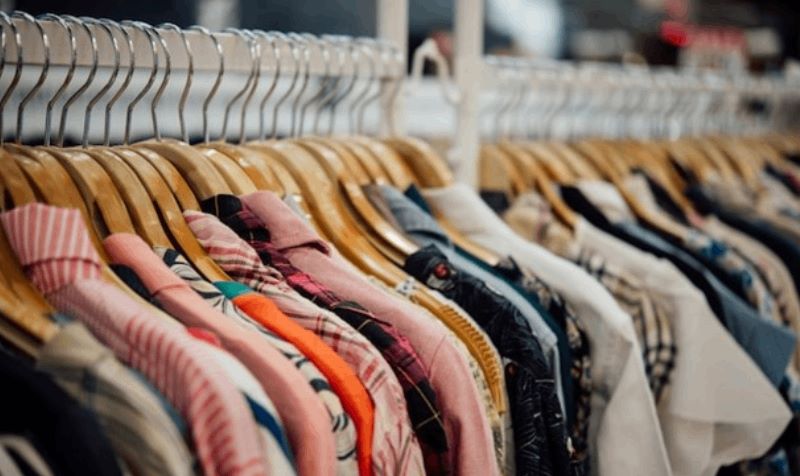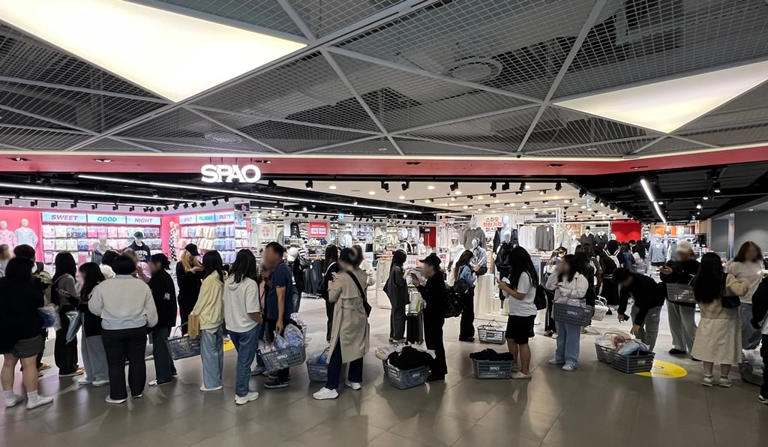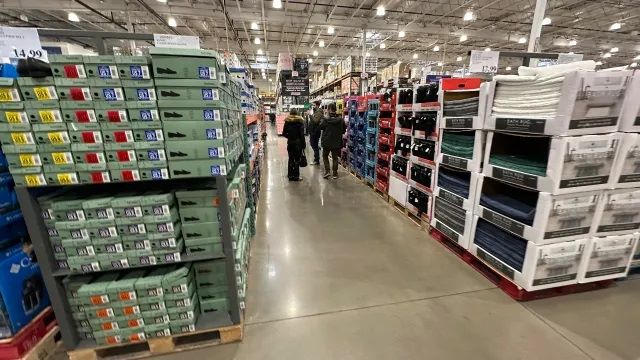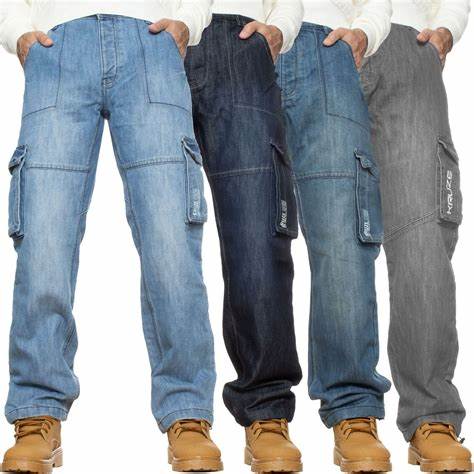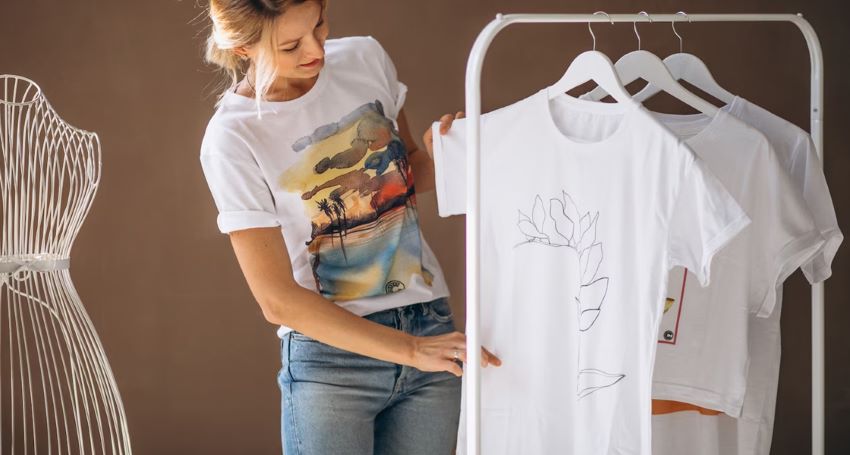As per WGSN, a firm that provides advisory solutions, emerging attitudes around age, gender and disability is likely to shape the future of retail space. Designing for sustainability will be the key as consumers are becoming increasingly aware of the damage they are causing to the environment. Retailers will offer technology-led experience that will also meet increasingly high expectations around service, personalisation and convenience.
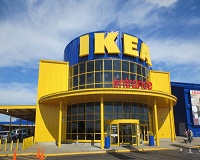 As per WGSN, a firm that provides advisory solutions, emerging attitudes around age, gender and disability is likely to shape the future of retail space. Designing for sustainability will be the key as consumers are becoming increasingly aware of the damage they are causing to the environment. Retailers will offer technology-led experience that will also meet increasingly high expectations around service, personalisation and convenience.
As per WGSN, a firm that provides advisory solutions, emerging attitudes around age, gender and disability is likely to shape the future of retail space. Designing for sustainability will be the key as consumers are becoming increasingly aware of the damage they are causing to the environment. Retailers will offer technology-led experience that will also meet increasingly high expectations around service, personalisation and convenience.
Shift to smaller format stores
As selling space is shrinking, more retailers are opting for smaller format stores. These stores allow greater experimentation with flexible merchandising and tightly-curated edits. IKEA for example, is experimenting with compact stores in Southeast Asia, opening a 28, 000 sq ft store in Phuket, Thailand. The retailer aims to make smaller investments so it can respond better to demand and be able to open stores in crowded city centres.
Since space on the sales floor is limited, fitting rooms are being stocked with behind-the-scenes operating system that pulls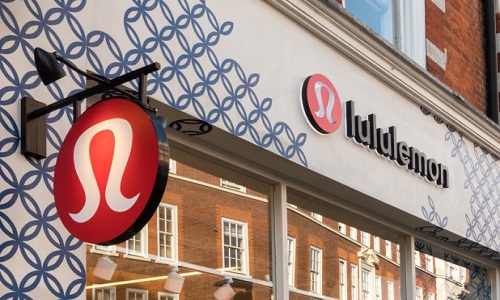 items from the stockroom. Similarly, strategies like interstitial fixtures in corridors, queue areas and corners are gaining importance, along with space-saving ideas such as clever ceiling or wall installations, or displays worked into niches and panels.
items from the stockroom. Similarly, strategies like interstitial fixtures in corridors, queue areas and corners are gaining importance, along with space-saving ideas such as clever ceiling or wall installations, or displays worked into niches and panels.
A wholesome shopping experience
Retailers are developing stores around changing consumer attitudes, with spaces and experiences that encourage a mental or physical reset. Lululemon is introducing meditation space at its new store near Rockefeller Centre in New York. The concept store features cushioned “Zen pods” where visitors can listen to one of 12 self-guided meditation recordings. The US brand has just opened a pop-up experiential space in New York called Life Coach, dedicated to self-improvement. Visitors can book in for free sessions with tarot card readers, astrologists and mystics, or play games and partake in activities that encourage self-expression.
Focus on sustainability
Gen Z and millennials want to preserve their items for long, and are willing to pay to keep them in good condition. This is driving new aftercare and product preservation strategies, such as specialist sneaker cleaning, bag and shoe repair services and in-store laundries. These services help brands to connect more meaningfully with customers beyond the initial transaction and encourage repeat store visits, as well as build sustainable credentials. Department store retailers are dedicating floor space to product care, with stores like Selfridges and Harvey Nichols incorporating bag repair clinics into their London flagship stores, while Saks Fifth Avenue hosts a space in its men’s department for footwear repair service, The Leather Spa.
Branded launderettes on the rise
Branded launderettes are on the rise, extending brand reach across all aspects of the product journey. Denim label Denham already offers in-store washing services, while fashion-focused boutique launderettes such as Celcious in Brooklyn, offer an energy-efficient and sustainable approach to washing clothes. Sportswear retailers and activewear brands are incorporating in-store sneaker washing services, as Nike has done at its Moscow flagship, or partner with bonafide sneaker care companies such as Crep Protect or Jason Markk, which in March 2018 opened a stand-alone store in London.
A shift towards deliberately simple and pared back store design has emerged, putting the focus purely on the product. Expect this trend to develop with a more extreme move towards completely unbranded spaces, in which retailers aim to reduce unnecessary noise, stripping stores of branding and marketing tools in order to create a soothing, clutter- free environment that puts the consumer in charge. This is changing the relationship that people have with product – with choice being driven by the product’s attributes rather than the branding around them.


